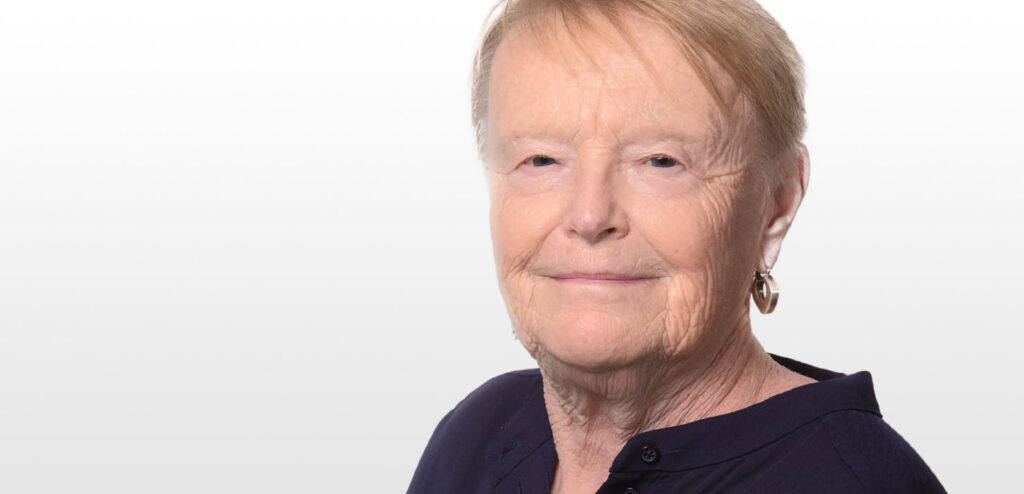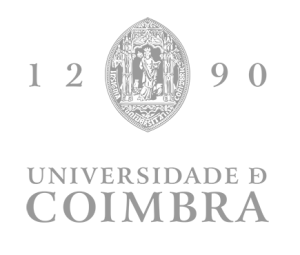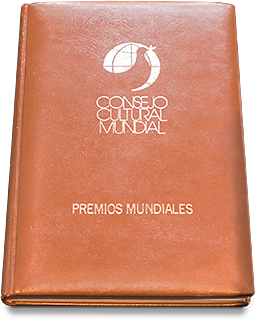
 José Vasconcelos World Award of Education 2022
José Vasconcelos World Award of Education 2022
Field of Work: Educational Leadership
Date: 29-30 November 2022
Place of Ceremony: Great Hall of Acts, “Sala dos Capelos”
Host Institution: University of Coimbra
Host Country: Portugal
The 2022 José Vasconcelos World Award of Education was granted to Professor Claudia Mitchell, Distinguished James McGill Professor in the Faculty of Education of McGill University in Canada. The prize was awarded for her life commitment to education as an inspiring teacher and passionate advocate for youth, especially transforming lives of thousands of young people, from marginalized backgrounds. Professor Mitchell´s work and passion mirror the dedication of José Vasconcelos whose life work was to bring education to those most disadvantaged.
The Jury especially appreciated Professor Mitchell’s pledge for tackling difficult social issues which has had a profound, lasting impact on the wellbeing and self-esteem of girls in many nations and for her remarkable capability to run innovative and adaptive projects and to do academic teaching and research.
Much of Prof. Mitchell’s work has focused on the development of schools, colleges, universities and communities in rural settings. In addition to furthering capacity building in education in general, she has paid special attention to the prevention of HIV and gender-based violence, working particularly in South Africa, but also in Rwanda, Kenya, Ethiopia and Russia, among other countries.
Concerned about the education of girls and noticing the scant visibility of this field in academia, Prof. Mitchell established girlhood as an academic discipline. She co-founded and became Editor-in-Chief of Girlhood Studies, an Interdisciplinary Journal, committed to participatory work with girls, for girls and by girls. This was soon awarded a prize by the Association of American Publishers, who described it as the best new journal in social sciences, providing the evidence-based knowledge urgently required for the advocacy and mainstreaming of gender equity.
Prof. Mitchell has also written extensively on participatory arts-based methods, with numerous authored or co-edited books, including Putting People in the Picture, Doing Visual Research, and the Handbook of Participatory Video, placing local knowledge at the centre of social change. Her articles have been published in prominent journals such as the Gender and Education and the South African Journal of Education.
For more than 25 years, Claudia has provided leadership in various educational initiatives in South Africa. During post apartheid, she directed Canada South Africa Education Management Program, in which she set up structures for school governance, gender equality and the prevention of gender-based violence. She subsequently became Professor and Chair of the School of Language and Literacies in the Faculty of Education of the University of KwaZulu-Natal. where she continued capacity building and mentoring staff and students. She highlighted the use of visual methods for participatory and collaborative research with communities to bring about social change. Then, as co-lead on a national project on HIV and AIDS in Higher Education, she led a team of academics to facilitate the piloting of an HIV and AIDS core module in teacher education programs to fight the epidemic across South Africa. She was instrumental in setting up a Community of Practice involving teachers from all 25 universities in the country.
Among other projects she has headed are Digital Voices of Rural Teachers, Nothing About Us Without Us, and Networks of Change and Wellbeing: Girl-led ‘From the Ground-up’ Policy Making to Address Sexual Violence in Canada and South Africa. Much of her current work supports Indigenous youth in Canada, especially in the context of Missing and Murdered Indigenous Women and Girls.
While staying focused on excellence, Prof. Mitchell is known for her generosity and patience as a mentor and supervisor, including students in large-scale projects, creating communities of scholars and weaving networks of collaboration both nationally and internationally. She encourages those around her to be both caring and engaged while also staying critical and seeking to advance the conditions for social change.


